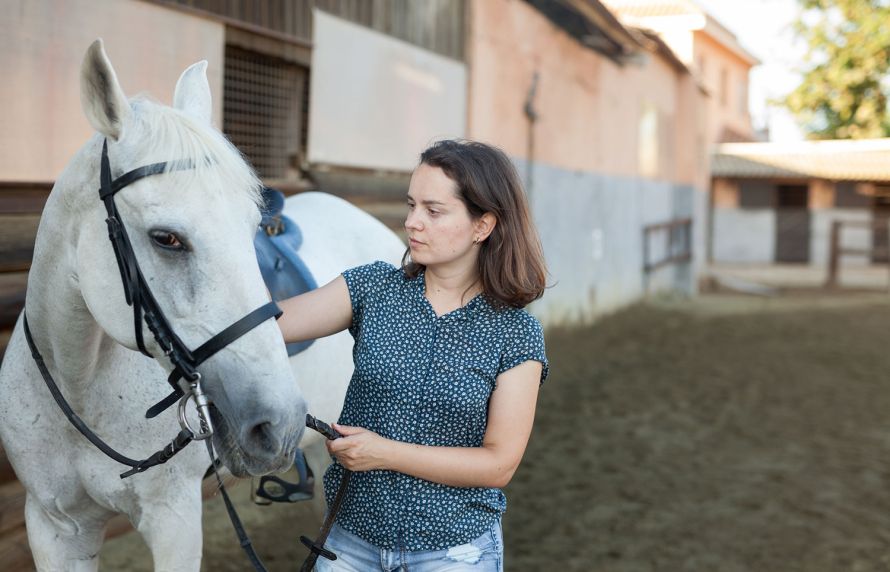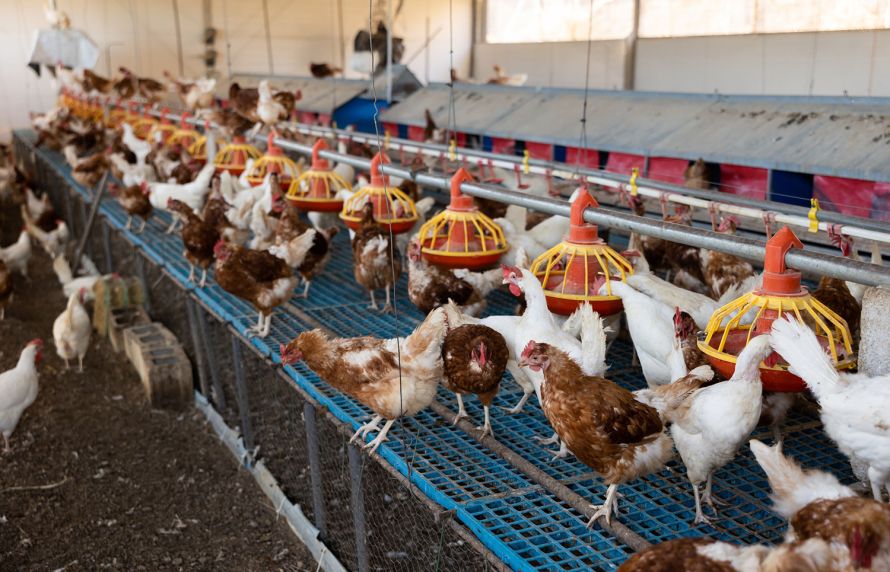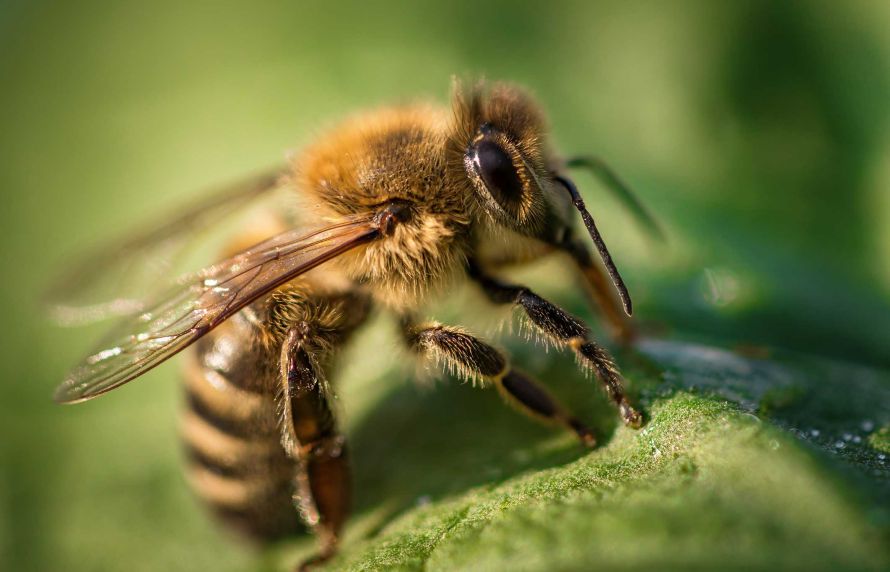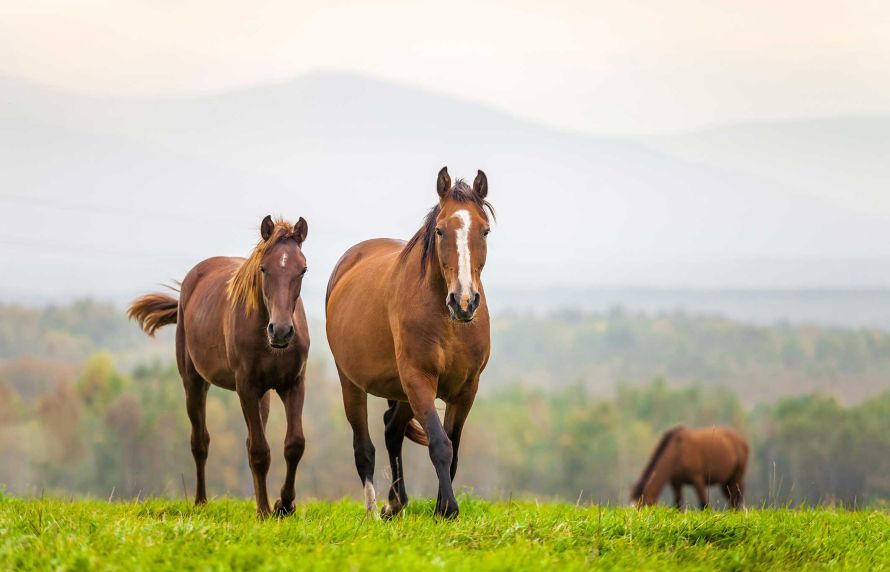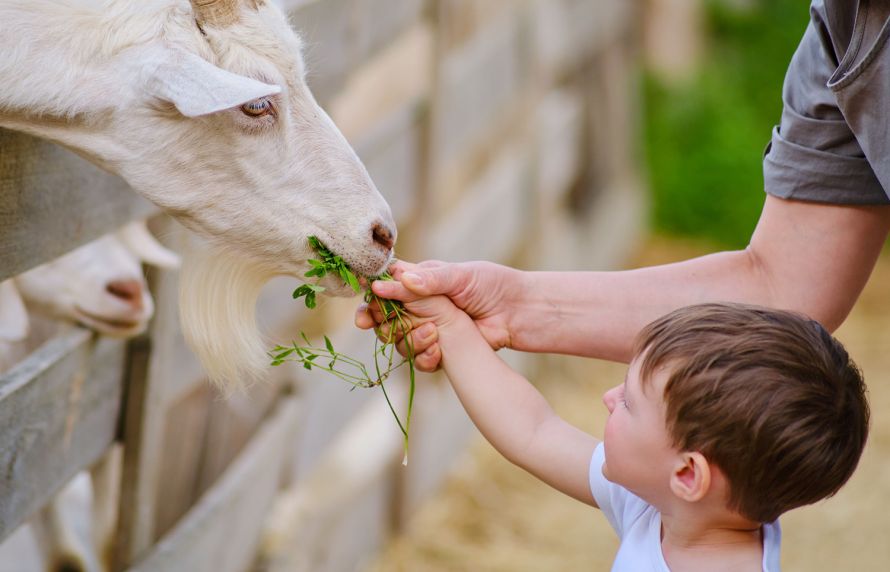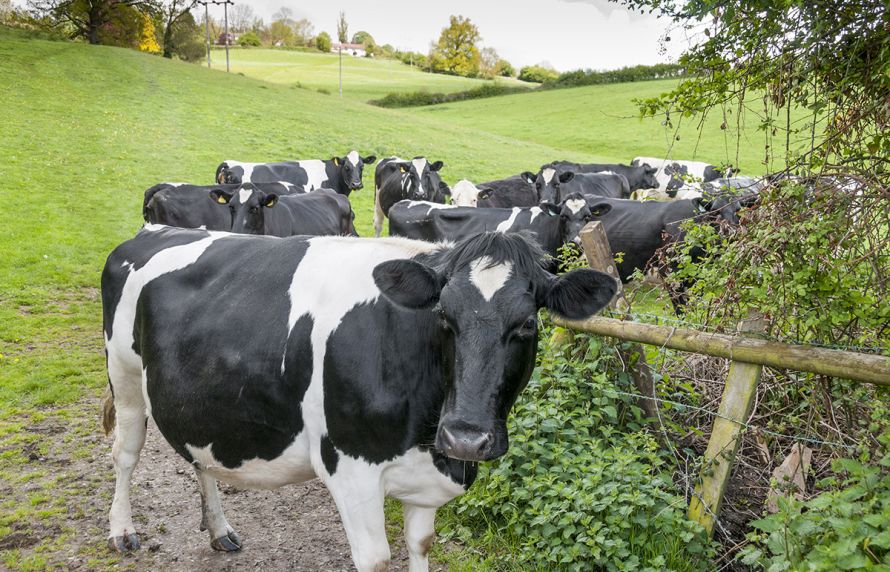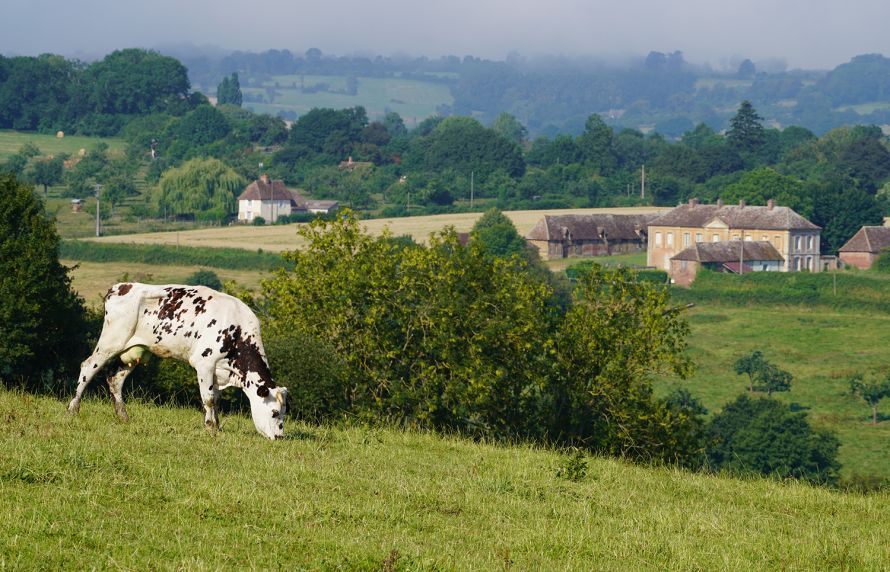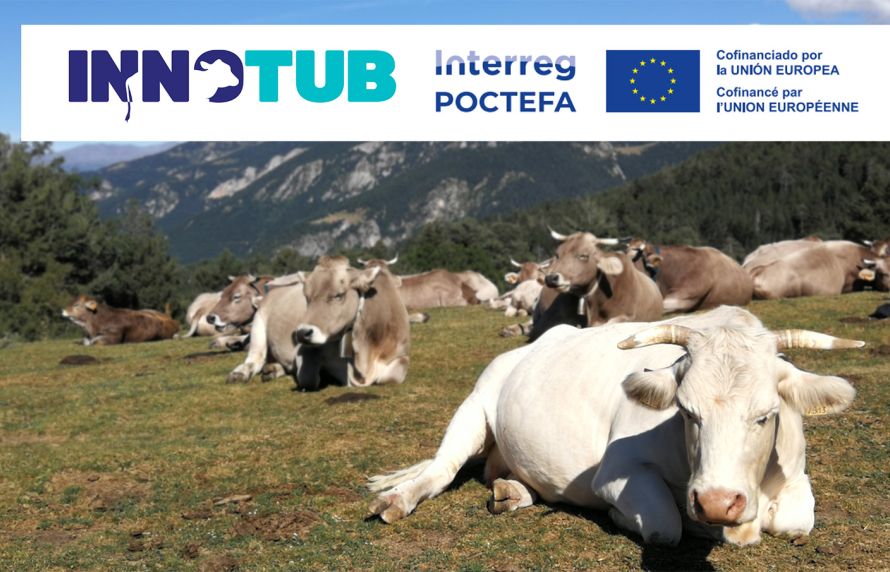The common factor linking bluetongue, epizootic haemorrhagic disease, besnoitiosis, etc. is that they are all caused by pathogens transmitted to ruminants by arthropods such as ticks, midges or mosquitoes. ANSES has funded a review of studies carried out in metropolitan France, which highlighted the many gaps in current knowledge about the vectors found on cattle farms and the pathogens they can transmit. Such knowledge is nevertheless essential given current global changes, which are having an impact on vector distribution and therefore on the epidemiology of vector-borne diseases in livestock.
